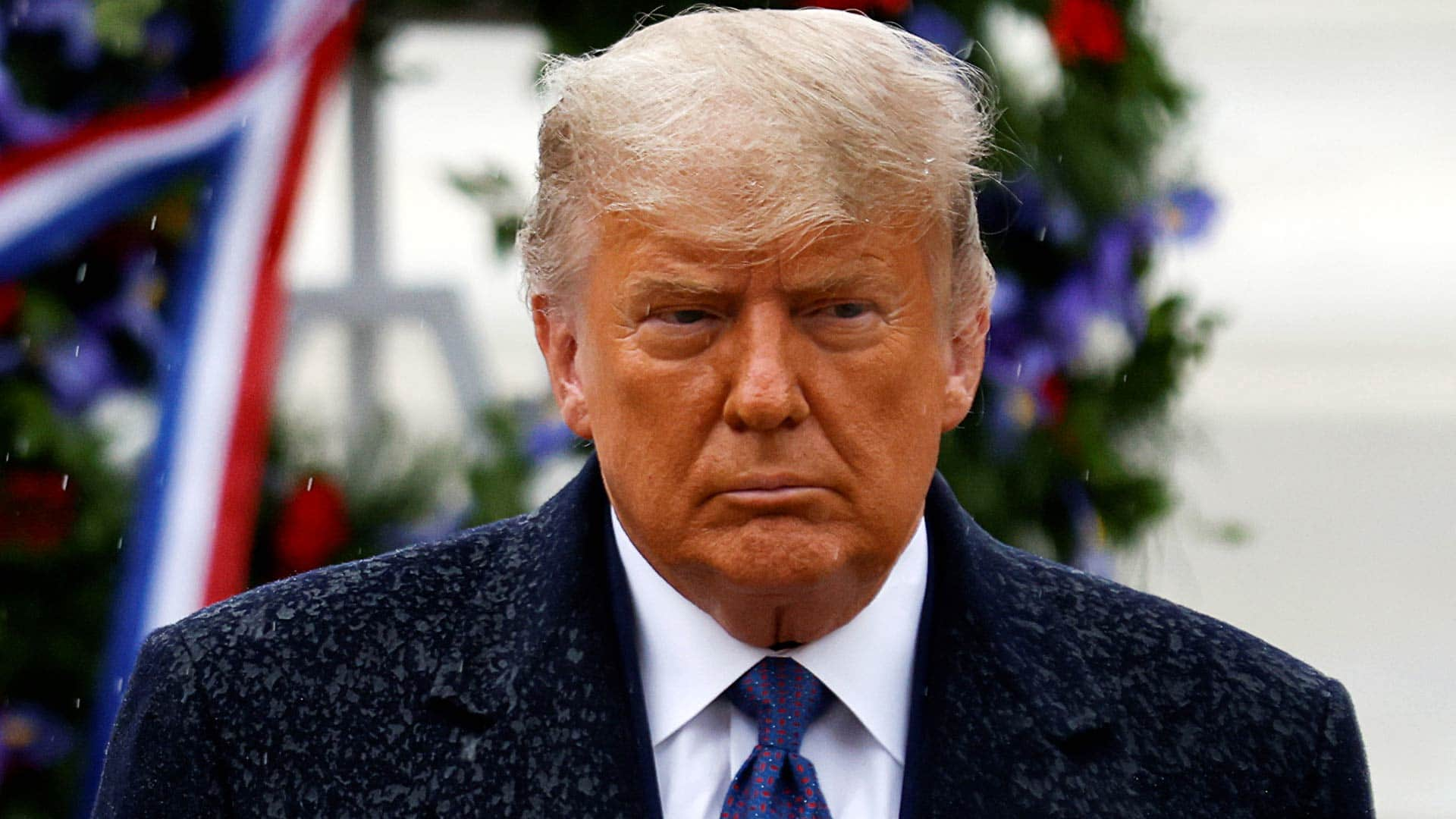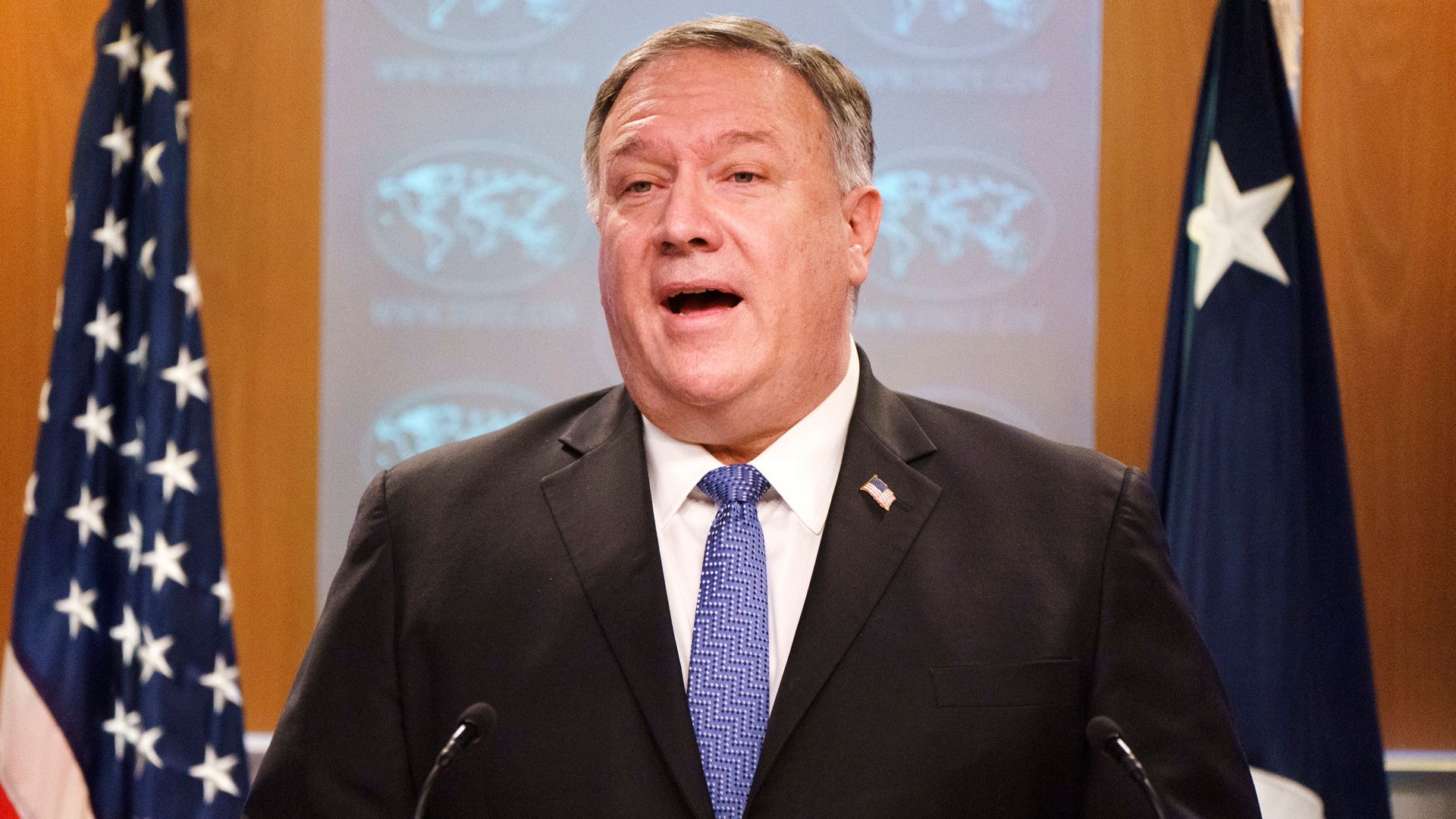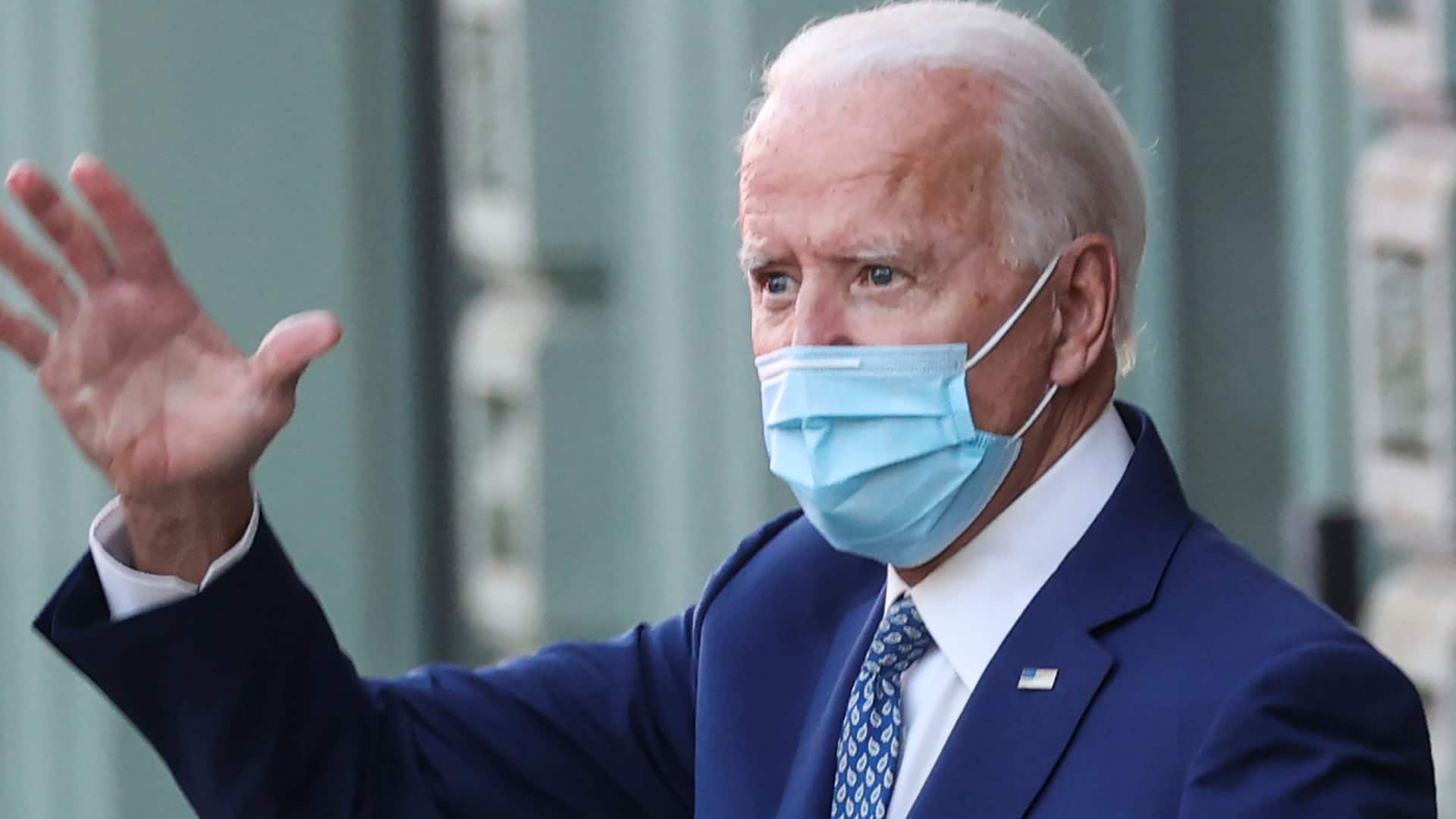
This column is an opinion by Eric M. Adams, vice dean and professor of law at the University of Alberta, Faculty of Law, where he teaches and researches Canadian constitutional law. For more information about CBC’s Opinion section, please see the FAQ.
Democracies are not made on election day. As recent events in the United States remind us, it is what happens just after elections that can cause democracies to face their greatest challenge. The capacity to change power peacefully and uneventfully is the triumph of democratic government, and a value we lose at our peril.
It was only ever a faint hope that President Donald Trump would accept losing the U.S. election with muted resignation, let alone the dignity that has defined the transfer of presidential power.
Fuelled by narcissism, indecency, and indifference to fundamental democratic norms, President Trump’s dangerous accusations of a stolen election, fraudulent mail-in votes, and corrupt state electoral institutions were part of a calculated strategy long in the making to inflame his base of ardent supporters. “This is going to be a fraud like you’ve never seen,” President Trump claimed about mail-in voting during the presidential debate at the end of September, a baseless theme Trump returned to frequently throughout the election campaign.
As election results began to turn in Biden’s favour, the president simply switched on the spooky lights of a house of horrors he had already built. The predictable results of fear, suspicion, mistrust, and conspiracy now playing out on American streets and the more crowded digital highways of social media only further corrode the public trust essential to the democratic process. Once spilled, the poison of mistrust is difficult to put back in the bottle.

The Trump campaign has launched a lawsuit challenging election results in Michigan, while the White House continues to keep president-elect Joe Biden’s transition team in limbo. 1:50
The sobering experience of watching these events unfold from Canada provides a moment to appreciate the elements of the Canadian Constitution that govern the transfer of power.
Like the United States, Canada has a constitutionally protected right to vote. “The right of every citizen to vote lies at the heart of Canadian democracy,” as the Supreme Court of Canada recently stated.
But that right is only as meaningful as the processes that surround it.
One hundred years ago, Parliament had the foresight to create what would become Elections Canada. This was done in order to remove Canada’s federal electoral process from the possibility of partisan government control, and to establish an independent body of experts to register voters and administer professional elections. That independence matters today more than ever.
But even the fairest of elections can be undermined if political leaders attack their legitimacy.
In the United States, this is especially so when the attacks issue directly from the Office of the President.

U.S. Secretary of State Mike Pompeo told reporters Tuesday he expects ‘there will be a smooth transition to a second Trump administration’ and repeated the president’s message to count every ‘legal’ vote, despite no evidence voter fraud occurred during the presidential election. 1:33
Such a nightmare in Canada – a prime minister claiming victory without foundation, or attacking an electoral process with wild conspiracies – seems improbable, but many would have thought similarly about the United States not very long ago.
As it turns out, the least democratic aspects of Canada’s Constitution may provide the best defence against such possibilities.
While Article II of the American Constitution places the full weight of both symbolic and actual executive power directly in the hands of an elected president, section 9 of Canada’s Constitution Act 1867 stipulates that the “Executive Government and Authority of and over Canada is hereby declared to continue to be vested in the Queen.”
Not exactly an inspiring theory of democratic rule. Or so it may seem.
Unlike the United States, the Canadian Constitution divides symbolic from actual executive authority.
Unlike the United States, the Canadian Constitution divides symbolic from actual executive authority.
Canadian elections do not change the symbolic executive, because that position is perpetually occupied by the Crown. In electing a Parliament, Canadian elections do determine by democratic means who may advise the Crown and govern in its name. The holder of that power is the leader of the political party commanding a majority of support in the House of Commons.
As the Crown’s representative, the Governor General supervises that process by doing very little, because Canada’s political leaders understand and are constrained by the constitutional rules that govern them.
A rogue prime minister may tweet invective and lies, pronounce false victories or refuse to cede power. However, they would do so in a constitutional system that holds them accountable to Parliament and, in extreme situations, to a Governor General with the discretion to refuse to comply with the unconstitutional advice of a prime minister gone truly bad.

Donald Trump and most of his team still refuse to admit that the Republican president lost last Tuesday’s U.S. election, resisting the usual transitional protocols. Joe Biden calls it embarrassing, as he prepares to move into the White House in January. 2:03
America will withstand this latest erosion of its democratic foundations, but whether it emerges from Trumpism strengthened or weakened by the experience remains to be seen.
As various court challenges sputter in the weeks to come, there is hope that the words Justice Robert Jackson of the United States Supreme Court wrote nearly 70 years ago remain as true today: “With all its defects, delays and inconveniences, [people] have discovered no technique for long preserving government except that the Executive be under the law, and that the law be made by parliamentary deliberations. Such institutions may be destined to pass away. But it is the duty of the Court to be last, not first, to give them up.”
As for Canada, an independent electoral process and parliamentary system of accountability that divides symbolic and actual executive authority has served our constitutional democracy well. Protecting those structures, and the constitutional law that gives them life, from the forces of illiberalism and authoritarianism is a responsibility that falls on all of us.












